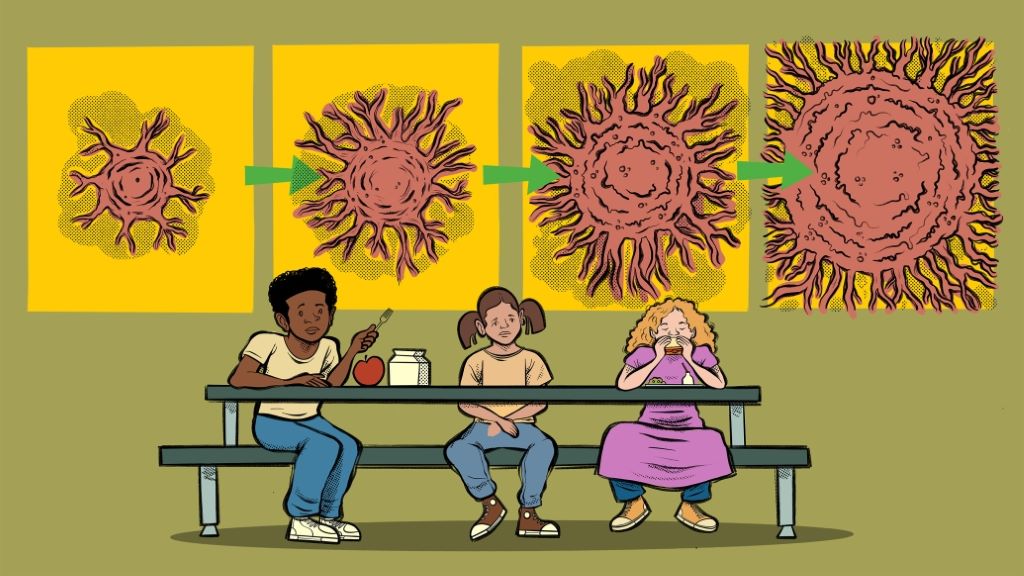How food insecurity may biologically intensify neuroblastoma growth, bridging social determinants of health and cancer biology

Neuroblastoma remains one of the deadliest childhood malignancies, accounting for a disproportionate number of paediatric cancer deaths worldwide.
Despite major therapeutic advances, survival rates remain lower for children from socioeconomically disadvantaged families, a pattern long observed and poorly understood at the biological level.
Extending earlier National Institute of Health’s Children’s Oncology Group findings that linked poverty to poorer survival in paediatric cancers, investigators at University of Michigan Health C.S. Mott Children’s Hospital set out to develop the first experimental model to test how social determinants might influence tumour biology itself.
The team led by Erika Newman, MD, Section Head of Pediatric Surgery and Associate Director for Health Equity at the Rogel Comprehensive Cancer Center developed an innovative murine cancer model that simulated food insecurity by intermittently varying chow access, mirroring the unpredictable nutrition many families experience.
The study, recently published in Communications Biology, used established neuroblastoma validated xenograft models to observe how this stressor affected tumour growth and biologic responses.
The results were striking: the experimental group exposed to food insecurity developed significantly larger and bulkier tumours, accompanied by persistent elevation of stress hormones (corticosterone) and activation of tumour survival pathways.
“Our work builds on decades of clinical evidence linking poverty and food insecurity to poorer cancer outcomes,” said Newman.
“We set out to define the biology behind those disparities, to show how social conditions can become embedded in the body and influence how tumours grow.”
The work provides a translational framework linking social determinants of health to molecular pathways of cancer progression, paving the future for studies that explore how interventions addressing nutrition and stress might improve treatment response.
“This model gives us a scientific bridge between social context and cancer biology,” stated Newman.
“It shows that the environments our patients live in, access to food, stability, and safety are not background conditions. They are part of the biology we must confront if we want equitable outcomes.”
The research arrives at a moment of renewed concern over federal nutrition programs, with potential SNAP benefit interruptions amid government budget negotiations.
Newman emphasises that these findings reinforce the urgency of policies ensuring consistent food access for vulnerable children and families.
Newman stresses that health care must account for the realities in which families live.
She calls for systematic screening of social determinants like food insecurity and economic strain within paediatric and oncology practices, ensuring that medical care addresses both biologic and social drivers of outcome disparities.
Source: University of Michigan Medicine

